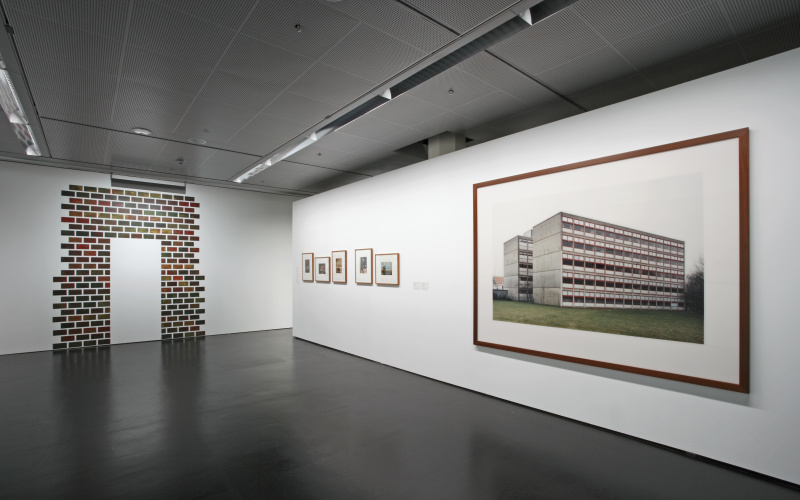- Event
- Panel Discussion
Quo Vadis? Rheinland
Sat, June 28, 2008 4:00 pm CEST
- Location
- ZKM | Museum of Contemporary Art
Organizing Organization / Institution
ZKM
Accompanying program - This Event - Is part of ...
Begleitprogramm
Accompanying Program
